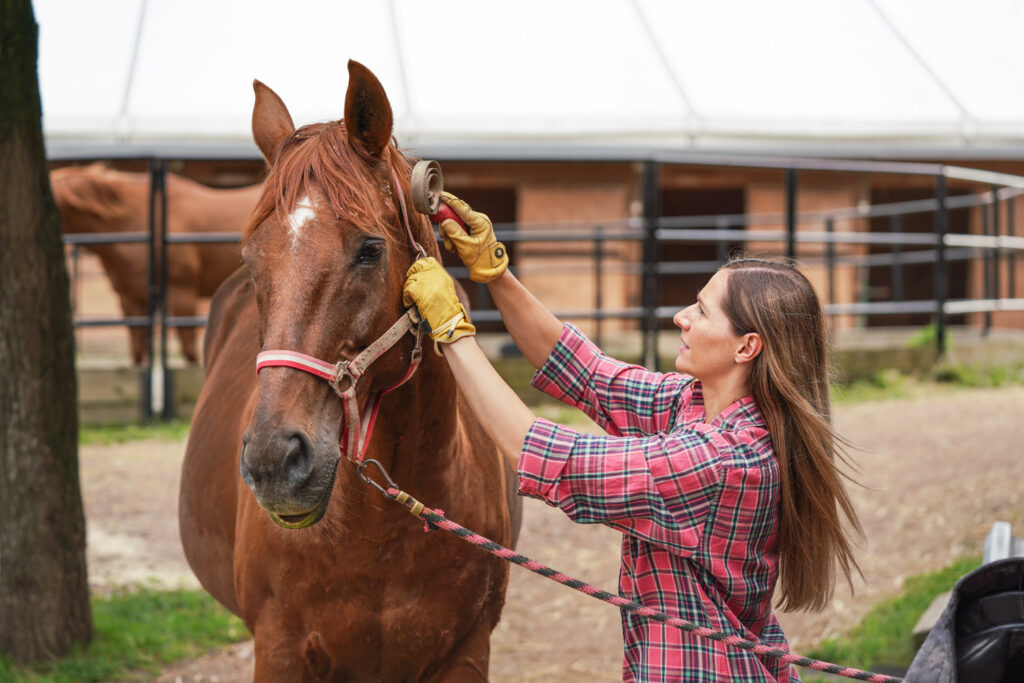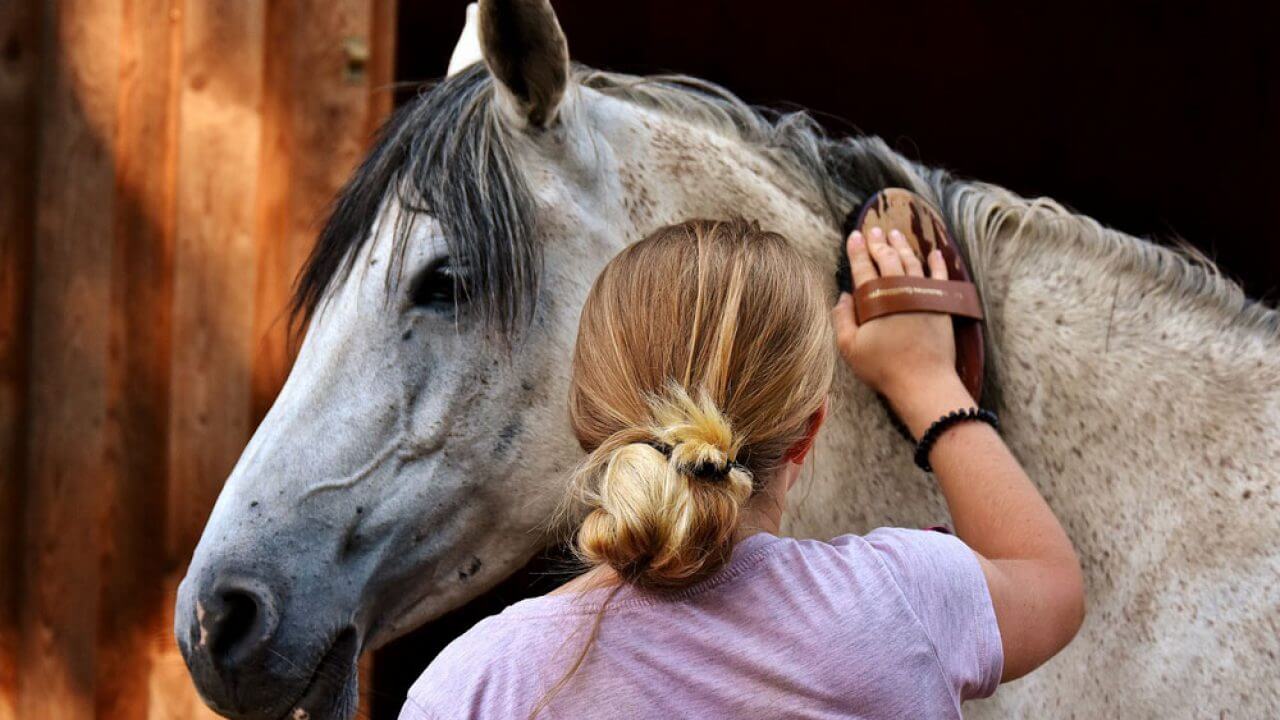As our beloved horses age, they may experience new challenges, including anxiety. Understanding the root cause of this anxiety and knowing how to address it is crucial for maintaining their quality of life. In this article, we will explore senior horse anxiety tips to help you support your equine friend through their golden years.

Understanding Horse Anxiety
Horses are naturally sensitive creatures. As they age, they might become more prone to anxiety due to various factors such as health issues, changes in environment, and decreased physical ability. Identifying the signs of anxiety in your senior horse is the first step in providing effective care.
Signs of Anxiety in Senior Horses
Recognizing anxiety in horses can be challenging because they cannot express their feelings verbally. However, there are several signs to watch for, including:
- Changes in behavior
- Restlessness or pacing
- Loss of appetite
- Increased vocalization
- Weight loss
Causes of Anxiety in Senior Horses
Several factors can contribute to anxiety in senior horses. Understanding these causes can help you address them effectively.
Health-Related Causes
Health issues such as arthritis, dental problems, and vision loss can make a horse feel vulnerable, leading to anxiety. Regular veterinary check-ups are essential to identify and manage these issues early.
Environmental Changes
Changes in the environment, such as moving to a new stable or changes in herd dynamics, can also trigger anxiety in horses. Maintaining a stable and familiar environment can help reduce stress.
Reduced Physical Ability
As horses age, their physical abilities decline. This can lead to frustration and anxiety, especially if they cannot participate in activities they once enjoyed.
Senior Horse Anxiety Tips
Now that we understand the causes of anxiety, let’s explore some effective senior horse anxiety tips to help your horse feel more at ease.
Maintain a Routine
Horses thrive on routine. Keeping a consistent schedule for feeding, exercise, and grooming can provide a sense of stability and reduce anxiety.
Provide a Comfortable Environment
Ensure your horse’s living environment is comfortable and safe. This includes proper shelter, safe fencing, and appropriate bedding. For more on creating a comfortable environment, check out Best Bedding for Senior Horses.
Engage in Gentle Exercise
Regular exercise is essential for maintaining physical and mental health. Engage your horse in gentle activities that accommodate their physical limitations. Consider reading How Much Exercise for Older Horses for more information.
Consider Nutritional Support
A balanced diet tailored to a senior horse’s needs can promote overall health and reduce anxiety. Ensure your horse receives adequate nutrition, and consult with a veterinarian for dietary recommendations. For more insights, visit Caring for Older Horses.
Incorporate Relaxation Techniques
Massage and stretching can help alleviate physical discomfort and promote relaxation. Learn more about Senior Horse Stretching Routines.
Seeking Professional Help
If your horse’s anxiety persists despite your efforts, consider seeking professional help. A veterinarian or equine behaviorist can provide further guidance and support.
Conclusion
Caring for a senior horse requires patience, understanding, and a willingness to adapt to their changing needs. By implementing these senior horse anxiety tips, you can help your horse lead a happy, healthy, and anxiety-free life. Remember, every horse is unique, so be sure to tailor your approach to meet your horse’s specific needs.

FAQs
How can I tell if my horse is anxious?
Look for signs such as changes in behavior, restlessness, loss of appetite, and increased vocalization.
What are common causes of anxiety in senior horses?
Health issues, environmental changes, and reduced physical ability are common causes of anxiety in senior horses.
How can I help my anxious senior horse?
Maintain a routine, provide a comfortable environment, engage in gentle exercise, consider nutritional support, and incorporate relaxation techniques.
This article contains affiliate links. We may earn a commission at no extra cost to you.
